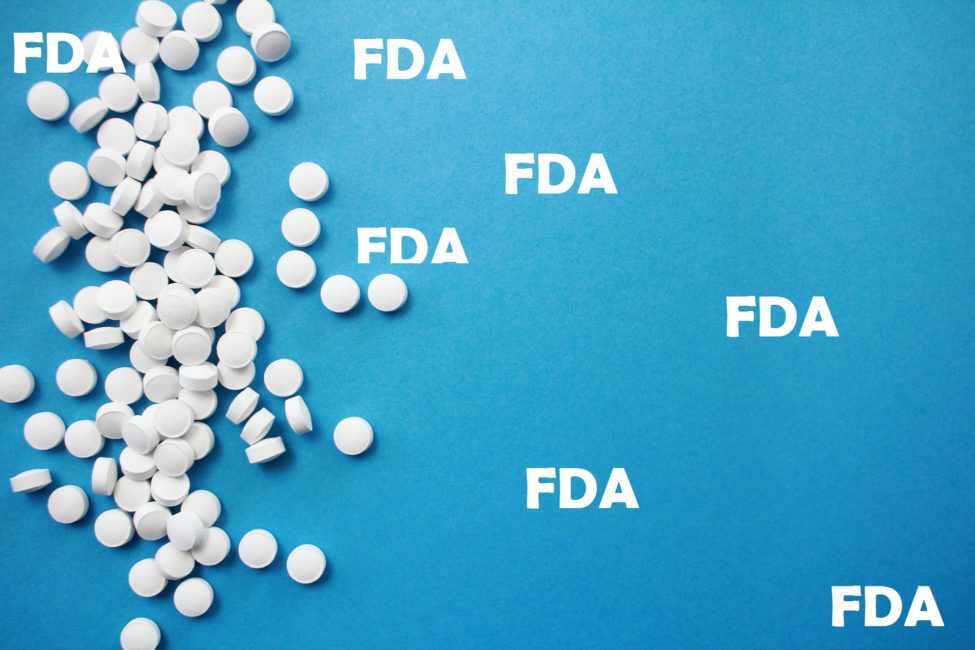May 11, 2020: The U.S. Food and Drug Administration today announced the following actions taken in its ongoing response effort to the COVID-19 pandemic:
- The FDA issued an Emergency Use Authorization (EUA) for emergency use of the Fresenius Propoven 2% Emulsion to maintain sedation via continuous infusion in patients older than 16 who require mechanical ventilation in an ICU during the COVID-19 public health emergency.
Fresenius Propoven 2% Emulsion has important differences in its formulation compared to FDA-approved propofol drugs; providers should consult the Health Care Provider Fact Sheet for more information before administering it. - The virus that causes COVID-19 has led to an increased number of people with severe respiratory illness. As a result, there is a shortage of FDA-approved drugs such as propofol that are used for sedation of mechanically ventilated patients.
- The FDA issued warning letters to two companies for selling fraudulent COVID-19 products, as part of the agency’s effort to protect consumers.
There are currently no FDA-approved products to prevent or treat COVID-19. Consumers concerned about COVID-19 should consult with their health care provider.- The first seller warned in a letter issued jointly with The Federal Trade Commission (FTC) , Seanjari Preeti Womb Healing, L.L.C., offers a honey product for sale in the U.S. with misleading claims that the products are safe and/or effective for the prevention and treatment of COVID-19.
- The second seller warned, Plum Dragon Herbs, Inc., offers traditional Chinese medicine products for sale in the U.S. with misleading claims that the products are safe and/or effective for the prevention of COVID-19.
- To date, the FDA has posted 46 COVID-19 related warning letters.
- The first seller warned in a letter issued jointly with The Federal Trade Commission (FTC) , Seanjari Preeti Womb Healing, L.L.C., offers a honey product for sale in the U.S. with misleading claims that the products are safe and/or effective for the prevention and treatment of COVID-19.
- Today, the FDA added content to the question-and-answer appendix in its guidance titled “Conduct of Clinical Trials of Medical Products during COVID-19 Public Health Emergency.”
The updated guidance includes new content with considerations for using alternate laboratories or imaging centers, holding trial participant visits via video conference, and conducting required postmarketing clinical trials.
The guidance also includes updated information about managing protocol deviations and amendments to ongoing trials, and about consulting with the FDA regarding administering investigational product infusions at home rather than at the clinical trial site. - The FDA approved two Abbreviated New Drug Applications:
- Cisatracurium besylate injection USP 20 mg/10 mL is indicated to facilitate tracheal intubation and to provide skeletal muscle relaxation during surgery or mechanical ventilation. Side effects of cisatracurium include bradycardia, hypotension, flushing, bronchospasm, and rash.
- Azithromycin Tablets USP, 600 mg, is indicated for mild to moderate infections caused by designated, susceptible bacteria that cause certain sexually transmitted diseases and mycobacterial infections.
Side effects of azithromycin tablets include hypersensitivity, QT prolongation, diarrhea, nausea, abdominal pain, and vomiting. - Both ANDAs are relevant to COVID-19, and both medicines are listed in the FDA Drug Shortage Database.
FDA recognizes the increased demand for certain products during the novel coronavirus pandemic and we remain deeply committed to facilitating access to medical products to help address critical needs of the American public.
- Cisatracurium besylate injection USP 20 mg/10 mL is indicated to facilitate tracheal intubation and to provide skeletal muscle relaxation during surgery or mechanical ventilation. Side effects of cisatracurium include bradycardia, hypotension, flushing, bronchospasm, and rash.
- Diagnostics update to date:
- On Friday, the FDA issued the first EUA for a COVID-19 antigen test, a new category of tests for use in the ongoing pandemic.
These diagnostic tests quickly detect fragments of proteins found on or within the virus by testing samples collected from the nasal cavity using swabs.
The EUA was issued to Quidel Corporation for the Sofia 2 SARS Antigen FIA test. - Today, the FDA updated the Policy for Coronavirus Disease-2019 Tests During the Public Health Emergency.
The update includes EUA submission templates for molecular, antigen, and serology tests.
Developers may choose to use these templates to facilitate the preparation, submission, and authorization of a EUA for various types of COVID-19 tests. - During the COVID-19 pandemic, the FDA has worked with more than 385 test developers who have said they will be submitting EUA requests to the FDA for tests that detect the virus.
- To date, the FDA has issued 92 EUAs, which includes 12 antibody tests and 1 antigen test.
- The FDA has been notified that more than 245 laboratories have begun testing under the policies set forth in our COVID-19 Policy for Diagnostic Tests for Coronavirus Disease-2019 during the Public Health Emergency Guidance.
- The FDA also continues to keep its COVID-19 Diagnostics FAQ up to date.
- On Friday, the FDA issued the first EUA for a COVID-19 antigen test, a new category of tests for use in the ongoing pandemic.
The FDA, an agency within the U.S. Department of Health and Human Services, protects the public health by assuring the safety, effectiveness, and security of human and veterinary drugs, vaccines and other biological products for human use, and medical devices. The agency also is responsible for the safety and security of our nation’s food supply, cosmetics, dietary supplements, products that give off electronic radiation, and for regulating tobacco products.
https://www.fda.gov/news-events/press-announcements/coronavirus-covid-19-update-daily-roundup-may-11-2020


